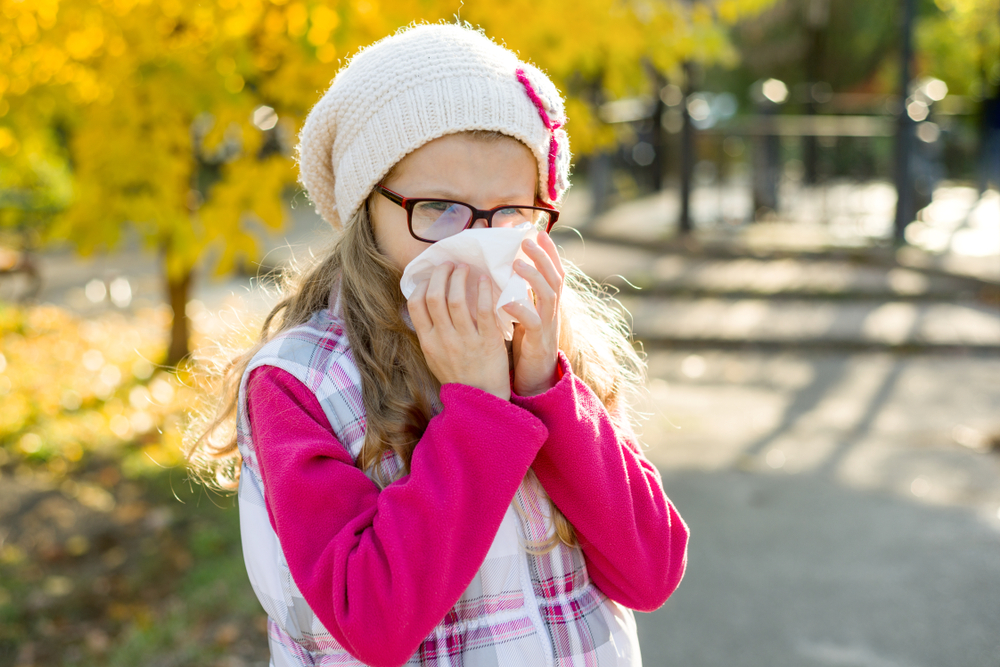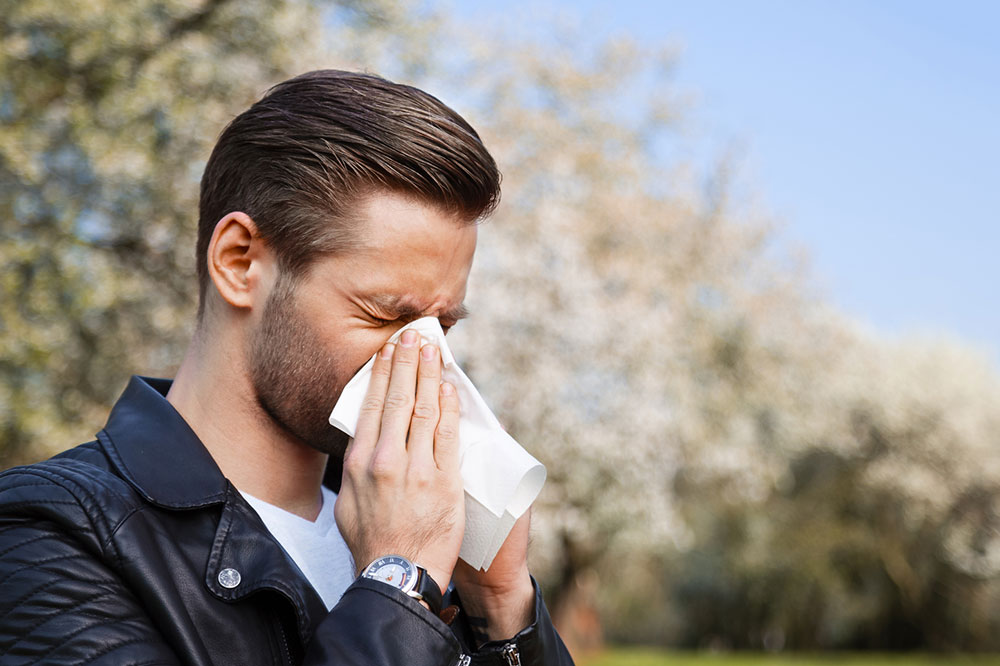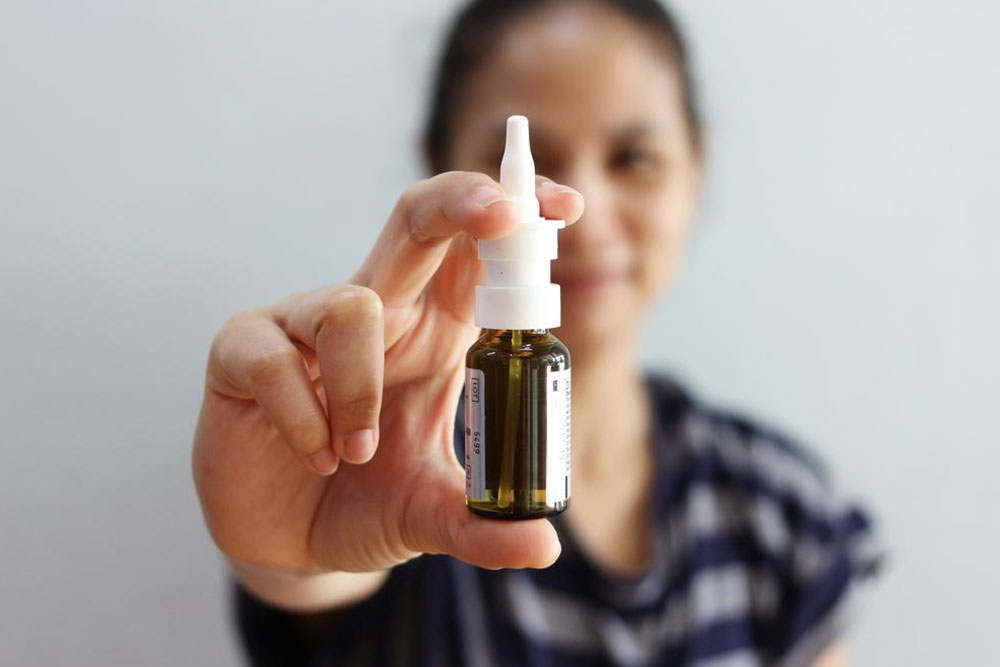Understanding Allergies: Causes and Latest Treatment Strategies
This article explores the causes of allergies, including environmental and food triggers, and discusses current and emerging treatment options. It highlights antihistamines, corticosteroids, desensitization therapy, and Sublingual Immunotherapy (SLIT), providing valuable insights into managing allergic reactions effectively. Learn about the latest advancements in allergy treatment to improve comfort and health outcomes.

Understanding Allergies: Causes and Latest Treatment Strategies
Understanding Allergies: Causes and Modern Treatment Options
All mammals possess an immune system designed to defend against microorganisms like bacteria and fungi. These immune cells respond swiftly, destroying invading entities. However, when the immune response becomes hypersensitive, it reacts to harmless particles such as pollen or certain foods, triggering allergic reactions. Research into these responses has led to the development of medicines that can prevent or manage allergy symptoms effectively, improving quality of life for sufferers.
What triggers allergic reactions?
Some people's immune systems identify common environmental elements like plant pollens, industrial chemicals such as solvents and dyes as threats, initiating an immune response.
Triggers vary among individuals, with insect stings, foods like peanuts, certain fish, and specific medications being frequent causes.
Insect stings can provoke severe reactions like anaphylaxis, which requires immediate medical intervention to prevent fatal outcomes.
Histamine, a chemical released by immune cells, causes swelling, itching, and fluid leakage from blood vessels, leading to symptoms such as sneezing, watery eyes, and nasal congestion.
Current treatment options for allergies
Antihistamines are commonly used medicines that block histamine activity, reducing symptoms like swelling and runny nose. They come in various forms, including tablets, syrups, eye drops, and nasal sprays.
These medications can cause side effects such as sleepiness, dry mouth, or dizziness. Caution is advised, especially for older adults and those with existing health conditions or when operating machinery.
Second-generation antihistamines are less sedating but may still have other adverse effects.
Innovative allergy treatments today
Use of corticosteroids is a modern approach that reduces inflammation without causing drowsiness. These are prescribed for short-term use due to potential side effects.
Non-antihistamine options like corticosteroids are available in various forms, providing targeted relief.
Emerging methods for allergy management
Prevention focuses on identifying and avoiding triggers to minimize reactions.
Desensitization therapy involves gradually exposing patients to small amounts of allergens through injections over months or years, reducing sensitivity.
Sublingual Immunotherapy (SLIT) uses small doses of allergens in tablet form placed under the tongue, showing high effectiveness for hay fever by increasing immune tolerance.
Note:
Our blog offers broad-ranging, practical health information to guide readers. While the information is based on research, it should not replace professional medical advice. The content might not include all available treatments or offers, and we disclaim responsibility for inaccuracies or omissions. Always consult healthcare professionals for medical concerns.










